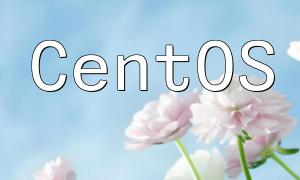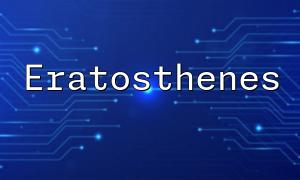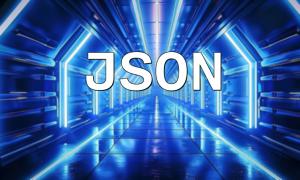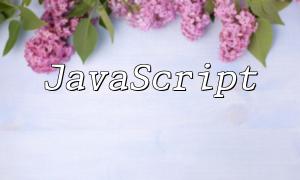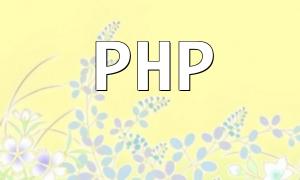PHP is a widely used server-side scripting language that plays a key role in web development. With the continuous evolution of technology, numerous PHP frameworks have emerged, offering developers various tools and features. Choosing the right framework can significantly enhance development efficiency and project quality.
For small projects or quick prototype development, lightweight frameworks are preferred. These frameworks are simple in structure, easy to learn, and enable rapid setup of basic applications.
Slim and Lumen are well-known micro-frameworks focused on simplicity and fast response, ideal for building small web applications or APIs. They provide basic routing and request-response handling, facilitating quick implementation of core functionalities.
require 'vendor/autoload.php';
$app = new \Slim\App;
$app->get('/hello/{name}', function ($request, $response, $args) {
return $response->write("Hello, " . $args['name']);
});
$app->run();
This flexibility helps developers quickly launch a minimum viable product (MVP) to validate ideas in the early stages.
Medium-sized enterprise applications require comprehensive functionality and scalability, necessitating frameworks with rich features and stable performance.
Laravel is one of the most popular PHP frameworks due to its powerful feature set and comprehensive documentation. It includes built-in tools like Eloquent ORM, routing, and authentication that significantly improve development efficiency.
use Illuminate\Support\Facades\Route;
Route::get('/users', function () {
return User::all();
});
Laravel's Blade templating engine and vibrant community make it a go-to choice for many enterprise projects.
Symfony is known for its modularity and flexibility, making it suitable for building complex enterprise systems. Developers can select components based on project needs to create customized solutions.
use Symfony\Component\HttpFoundation\Response;
$response = new Response();
$response->setContent('Hello World!');
$response->setStatusCode(200);
$response->send();
Symfony’s robust performance and scalability ensure it can handle demanding enterprise applications.
Data-intensive applications require efficient database operations and strong security features. Frameworks with well-designed ORM support and security mechanisms are critical.
CakePHP offers a powerful ORM that simplifies database management, making it suitable for building data-driven web systems. Its convention-over-configuration design reduces development complexity.
$this->loadModel('Users');
$users = $this->Users->find('all');
CakePHP also includes comprehensive security and auditing features to help safeguard applications.
Modern applications increasingly adopt microservice architectures, requiring frameworks that support flexible and maintainable API services.
Zend Framework is an enterprise-level PHP framework that supports building RESTful APIs and microservices. It offers a rich set of components to help developers create maintainable services.
use Zend\ServiceManager\ServiceManager;
$serviceManager = new ServiceManager();
$serviceManager->get('MyService')->doSomething();
Its flexibility and component-based design make it ideal for microservice development.
Choosing the right PHP framework is a crucial step to ensure the success of a project. For small projects, Slim or Lumen are recommended. For medium-sized enterprise applications, Laravel or Symfony are excellent choices. CakePHP suits data-driven applications well, while Zend Framework fits microservice architectures best. Selecting the right tool based on project characteristics and team expertise can greatly improve development efficiency and product quality.
